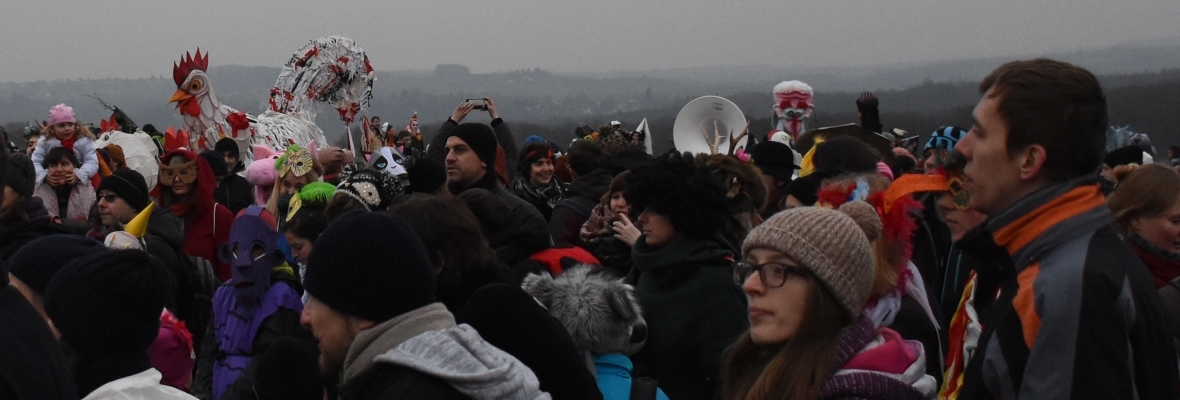
Memory, Migration and Populism: Central and Eastern Europe’s post-imperial historical legacy and heritage
Memory, Migration and Populism: Central and Eastern Europe’s post-imperial historical legacy and heritage
Thu Oct 06 14:32:15 CEST 2022

International conference October 13. – 14. 2022, Vila Lanna ( V Sadech 1, Prague).
Etnologický ústav AV ČR (Johana Wyss z Oddělení mobility a migrace) ve spolupráci s Memory and Populism Working Group, MSA, organizuje a srdečně zve na mezinárodní konferenci Memory, Migration and Populism: Central and Eastern Europe’s post-imperial historical legacy and heritage.
Conference take place October 13. – 14. 2022 in Vila Lanna ( V Sadech 1, Prague).
Supported by SAV21 Společnost v pohybu a veřejné politiky.
The rising support for populist movements is a global issue. In Europe alone, populist parties have steadily increased their support, entering most national parliaments across the continent. Yet, it is particularly in Central and Eastern Europe (CEE) that populist sentiments have manifested most strongly. This rise has been accompanied by a drastic populist politicisation of how to interpret the past ‘correctly’. Viktor Orbán’s frequent reference to the Treaty of Trianon (arguably the most divisive historical memory for Hungarians in the 20th century) or Jaroslav Kaczynski’s aggressive memory laws (threatening with persecution and imprisonment anyone who alludes to Polish participation in the extermination of Polish Jews) are just some of the most striking examples of how populism is highly concerned with constructing and using the past, Populism and memory politics are inextricably linked as constructing powerful myths that draw on the collective memory of an imagined past is a key element in the creation of political identities as well as in political legitimation.
Violent historical memories of forced migration appear to be particularly fertile grounds for political agendas. At the turn of the twentieth century, before the dissolution of the European empires, the region of Central and Eastern Europe was extremely heterogeneous in terms of its populations; yet in only one hundred years, successor nation-states such as Poland, Hungary, Slovakia, and the Czech Republic have become some of the most ethnically homogenous countries in the world. This demographic change is the consequence of a of series of population transfers, forced displacements, and genocides which took place during the twentieth century.
The process of ‘working through the past’ barely took root in countries within Central and Eastern Europe. Throughout the socialist era, the troubling memories of forced displacements were heavily suppressed by the state-apparatus in each of the respective nations. Even today, remembering the vanished Others remains highly problematic on both national and local levels and thus becomes a silent memory that is present, but conspicuously absent as well. Populist movements, however, appear to be exceptionally capable of capitalising on this ‘unprocessed’, difficult past and its unsettling memories, as well as being able to mobilise people’s old fears and resentments to support polarising political agendas.
Programme and abstracts here.

